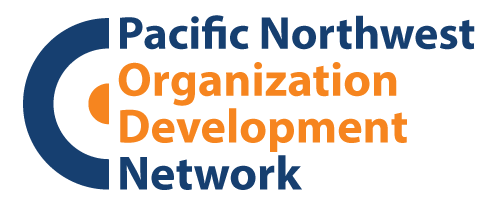September 2016
|
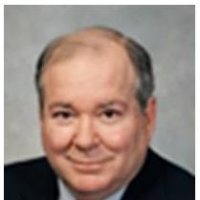 From the President: From the President:
ON BECOMING A SAGE
When you reach the apotheosis of a career in OD, what would be the best word to describe that achievement? I suggest the word is “sage”. Which immediately raises the question, what is a sage?
Philosopher and theologian Robert C. Neville says sages “understand the combinations and ambiguities … in the lives of persons and in the affairs of peoples, and their understanding allow them so to follow the trail of what is important through the underbrush of triviality that they cleave to what is essential. Sages are those who understand people. What people? Anyone. … Sages must live from long experience, not from intuitive encounters."
Sounds like a pretty good description of the best-of-the-best OD practitioners to me.
Yet this leads to another question: How does one become a sage? I suggest one of several things you must do is to take every opportunity to learn from a sage. That is the unique opportunity you have when PNODN programming resumes in September after the summer break.
We are proud and honored to have as our presenter this month, Darya Funches. Darya has been designated by the international OD Network to be one of the 12 sages of OD. Recognition in our profession doesn’t get higher than that.
You can read about Darya’s stellar career on our registration page. What I will mention here is that her presentation to the Chapter is about sharing the three gifts that make her a sage: Discernment, Heart and Presence. These gifts stand at the nexus of science, knowledge of consciousness, and effective use of self. The gifts are inside each of us, just waiting for the cumulative lifetime experiences to summon them into full expression.
You don’t want to miss this outstanding learning opportunity to achieve your own sagacity.
Darya’s visit is just one of many great programs coming up this Fall. Let me mention another internationally renowned OD eminence who will be working with us: Gervase Bushe. He will be presenting his Dialogic OD workshop under our sponsorship here in October.
Matt Minahan, in his farewell address as the international OD Network’s outgoing 2015 chair, acknowledging that OD faces some difficult challenges as a profession, offers Gervase’s work as one of the most hopeful signs for us as practitioners:
“And just in the last 5 years, Dialogic OD represents a compelling alternative to planned change efforts, focusing instead on the socially constructed realities as evidenced in conversations and images”
Can you afford not to understand this exciting, vital new methodology? The value is even greater when you take into account you can learn Dialogic OD right here in Seattle at a discounted rate compared to public workshops.
PNODN is offering some great opportunities to the OD community this Fall. I look forward to learning with you.
Dr. William “Bud” Wurtz
2016 PNODN President
|
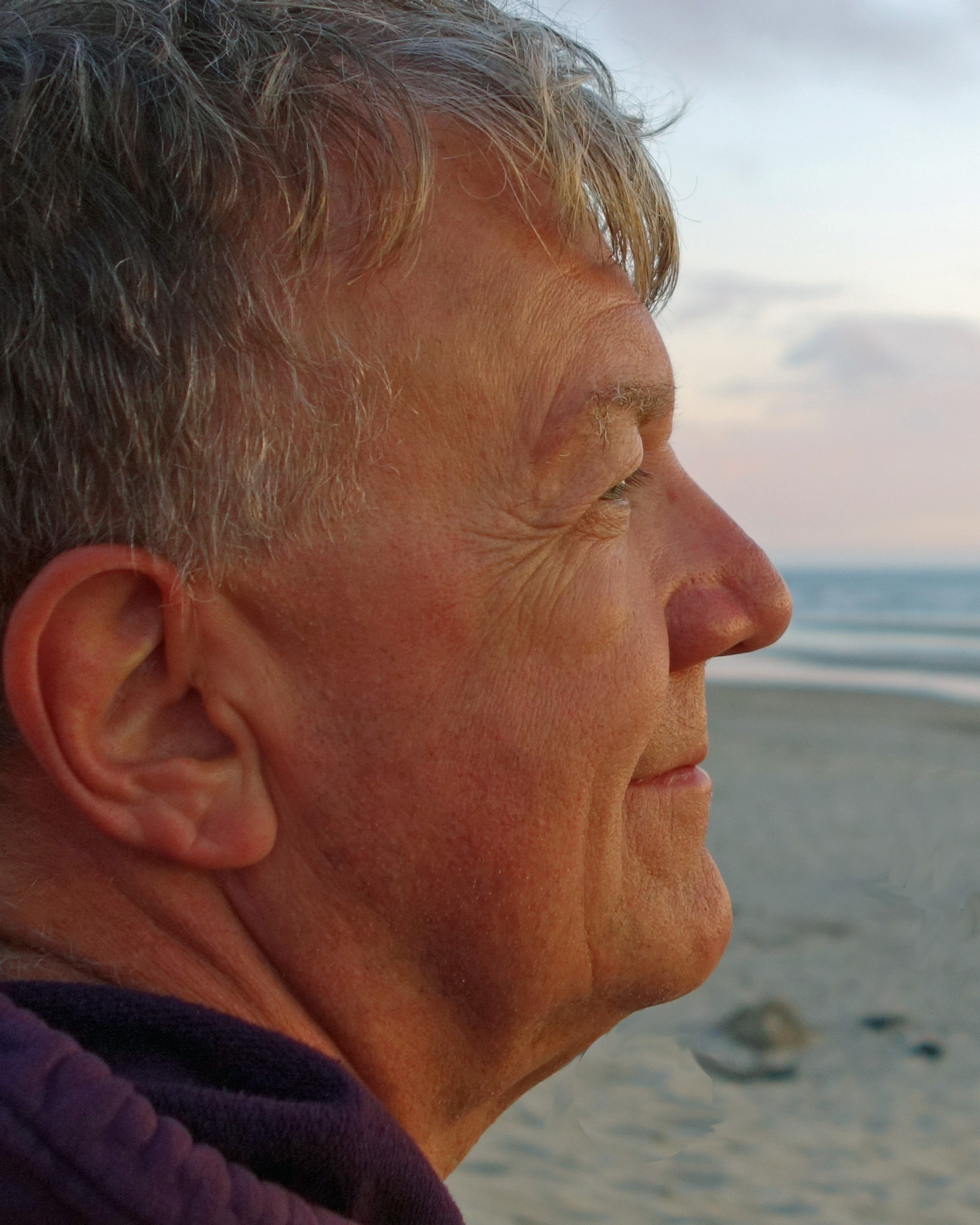
Special 2 day workshop Increasing Your Dialogic OD Practice with Gervase Bushe October 21st and 22nd
All organizations grapple with change. It’s challenging to manage even when it is small-scale, specific, planned, and embraced by the organization. When it comes through unexpected disruption, and the organization faces the need for urgent, significant transformation in operations or culture, even the most experienced leader can feel overwhelmed by the complexity. Read more and register . . .
PNODN has a full calendar for the fall. Check it out!
|
|
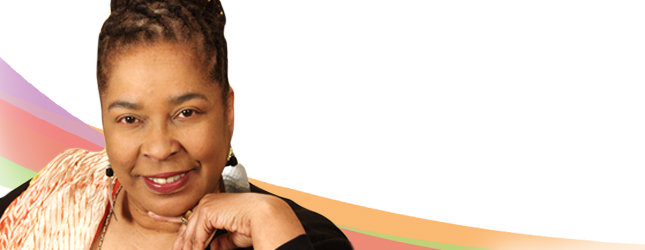
September 19th 2016 - Monthly Meetings Resume with Dr. Darya FunchesDiscernment, Heart and Presence are the three gifts inside each person and are three capabilities essential for leaders in complex and turbulent times to move beyond survival and thrive in a creative knowledge based economy. The Three Gifts stand at the nexus of science, knowledge of consciousness and effective use of self. First outlined in a seminal article published in Emerging Theory and Practice of Organization Development in 1989, Dr. Darya Funches has developed a storehouse of knowledge and skills to help practitioners recognize and refine their use of these gifts for effective use of self as a leader, change agent and/or transformer. This is an exceptional opportunity to learn from a master. There is no better time than now to learn more about how to practice these gifts in our client systems and communities. In what promises to be an active evening, Darya will define the key concepts and help us apply the concepts and select related skills to real-time client and community situations.

_____________________________________________________________________________
October 17 - A Faster and Better Innovation Model with Egils Milbergs 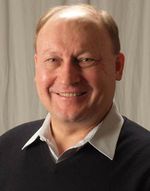
Leaders in business and government, in both advanced and emerging economies, are increasingly talking about the importance of innovation. The reason is simple: innovation creates wealth and solves problems. Two-thirds of GDP growth comes from innovation. Jobs in innovative industries pay as much as 70 percent more than other jobs. And we all know there are a whole lot of things out there in the world that need fixing.
Our presenter, an internationally recognized expert, will share a model that promotes faster and better innovation. Much of the effort needs to focus on developing and benefitting from an innovation ecosystem, where R&D assets, funding sources, entrepreneurs, networks come together to produce the Next Big Thing … on a continuous basis. Read more. . .
.jpg)
November 14 - Resolving Conflicts during Rapid Change with Wallace Wilkins, Ph.D.
During these rapidly changing times, differences in personality, values, habits and ego can escalate into co$tly conflicts. Many organizational leaders avoid conflicts, hoping they will magically go away. Their preference to avoid conflicts is what permits long-standing disputes to fester. Read more . . .
_____________________________________________________________________________
Review of June Meeting with Chris Richardson
by Jeremy Meeds
During June's meeting entitled Different by Design, Chris Richardson, CEO of Going Elemental and co-facilitator Sarah Bicknell, an internationally recognized facilitator of constellation work, led us in our own experience of the innovative technique of constellation work, a technique designed to uncover hidden non-linear information from within a system.
We initially started out by getting into groups of four to experience this work on a more personal level. One person acted as the "seeker" and the other three represented the seeker's self, their personal life and their work life respectively. The representatives were then placed on "the field" according to how the seeker saw their current situation. The representatives were then free to move freely for 2-3 minutes to where they felt most appropriate. At the bell, the seeker was able to get feedback from the representatives about the system representing themselves, which led to breakthroughs for several people. Each person was able to be a seeker once.
After that, we reconvened in the larger group and were able to use the constellation work to represent a couple of different larger system scenarios. In the first larger group constellation, one person was able to place representatives onto the field representing their professional transition. In the second larger group constellation, a seeker was able to get the group to represent their work place scenario. It was almost uncanny how accurately the representatives were able to uncover the hidden dynamics underneath what was going on in either case, leading to breakthrough revelations for the two seekers.
Finally, we closed with talking about how constellation work can be used not only in personal and familial systems, but can be used by business owners, consultants and managers in many different professional settings to uncover the hidden dynamics of any system for transformation and breakthroughs on many different levels. It can truly be said that we were able to experience in the group what quantum physicists have been writing about for years.
| |
Case Study

Savy Slips, Learning on the Run
By Philip S. Heller
Learnings from Practice 18: Surfacing Resistance (Part 2)
How can you surface resistance to change in an authentic and experiential way?
The Request. As you may remember from Part 1, the Training and Safety Manager of a State Department of Forestry asked for help in designing a half-day component of a conference that heralded the implementation of a new Geographical Information System (GIS). The conference sponsor, a GIS staff expert who reported to the Department Director wanted to help all 280 staff (e.g., foresters, wildlife biologists, land managers, recreationists, etc.) that collected any geographical-based data buy-into using a new centralized system.
Larger Context. Database management was occurring faster than anyone anticipated. Experts recommended that a system-wide solution was needed. Department forest resource staff had always collected all sorts of data on the forest land that they managed. With the advent of desktop computing, measures and coding was being developed uniquely by different individuals around the regions of the state. For example, some staff were recording whole timber volumes while others were recording the diameter at breast height (DBH). Sometimes, the same data overlapped because it was collected by different staff. Multiple reports for different geographical levels (forest stand, drainage area, ecosystem) required an extended lag time to update the data and combine it into one report. Many individual staff only had experience with their own process for collecting and storing their data. However, the department was looking to create consistent, common standards, definitions and formats. They wanted a GIS system in which the data could be entered once, updated as needed and used in different ways, by different applications and by anyone in the department for different levels of analysis.
Consulting Intervention. We decided on an experiential approach to help staff realize that the goal for the new system was to craft a software solution that met the individual’s need for data reporting and the system’s need for data interconnectivity and networking. The exercise we used at the conference was a slight modification of Johnson and Johnson’s Broken Squares Exercise (1). Our purpose was to have staff experience how initial perceptions might affect their willingness to adopt a GIS system. Also the exercise might map out the way the individual and system level goals interact. The exercise, in brief, consists of the following: A team of 5 starts off with puzzle pieces in front of each team member. To complete the game successfully, each individual on the team wins when they form a complete square in front of themselves and the team wins when there is a perfect square in front of each member. The goal would be to work towards a win-win. There is no talking and the only way to influence the process is to give pieces away to other team members. Having used this exercise a few times, we had a few expected points we wanted to highlight (2)
Last Line. One way to help develop a current understanding of the interplay of individual and system level goals during change is to use an experiential exercise that clearly demonstrates those dynamics.
(1) Johnson, D. and Johnson, F. 1975. Joining Together, Group Theory and Group Skills. P. 93-94. Prentice-Hall, Inc., Englewood Cliffs, NJ.
(2) To access the directions for the squares exercise and potential learnings, go to: http://learningdesigna.com/resourcescategory/change-management/ and select Squares Exercise & Learnings.
Philip Heller is a senior associate of Learning Design Associates. For 36 years he has helped plan systems change and develop leaders in government, community agencies, and health care centers. Philip received his Ph.D. in Education focusing on learning and problem solving. As part of the originating group, he has been a PNODN member since 1982.
© 2016 Philip S. Heller, Savy Slips, Learning on the Run 18 Part 2. Surfacing Resistance
|
|
|
|
Of Interest
ATDps: Workplace Learning Conference: Our Legacy as Learning Professionals
WHAT'S YOUR LEGACY?
Join ATDps October 12-13, 2016 at the Mercer Island Community and Event Center for two full days of learning and networking.
Day 1 will follow a traditional conference format, offering keynote speakers, workshops – including skills building sessions – and a member happy hour.
Keynote speakers include:
Kelly Palmer, CLO of Degreed and formerly of LinkedIn & Yahoo!
Keith McCandless, Co-Founder of the Liberating Structures movement and co-author of the book "The Surprising Power of Liberating Structures".
Anakha Coman, Founder of the Awake and Work Institute for Workplace Mindfulness, based in Portland, OR.
Day 2 will be an Open Space format, where Chapter leaders will facilitate a dynamic process to tap the experts in the room – YOU – to deliver exciting content that meets participants’ needs “just in time.”
We can’t wait to see you there! For details and to register visit here.
|
HOW TO REACH US
Our Administrator is: Ann M. Baus

The Editor of the newsletter is David C. Wigglesworth
From The Editor
This is your newsletter and we welcome and encourage your contributions. They could include personal news of a professional achievement, a brief article of interest, a short book review, a case study, a cartoon, a joke that is OD relevant and/or anything else that might be of interest to your colleagues who are our readers. I thank you in advance.
|
|
|
|
|
